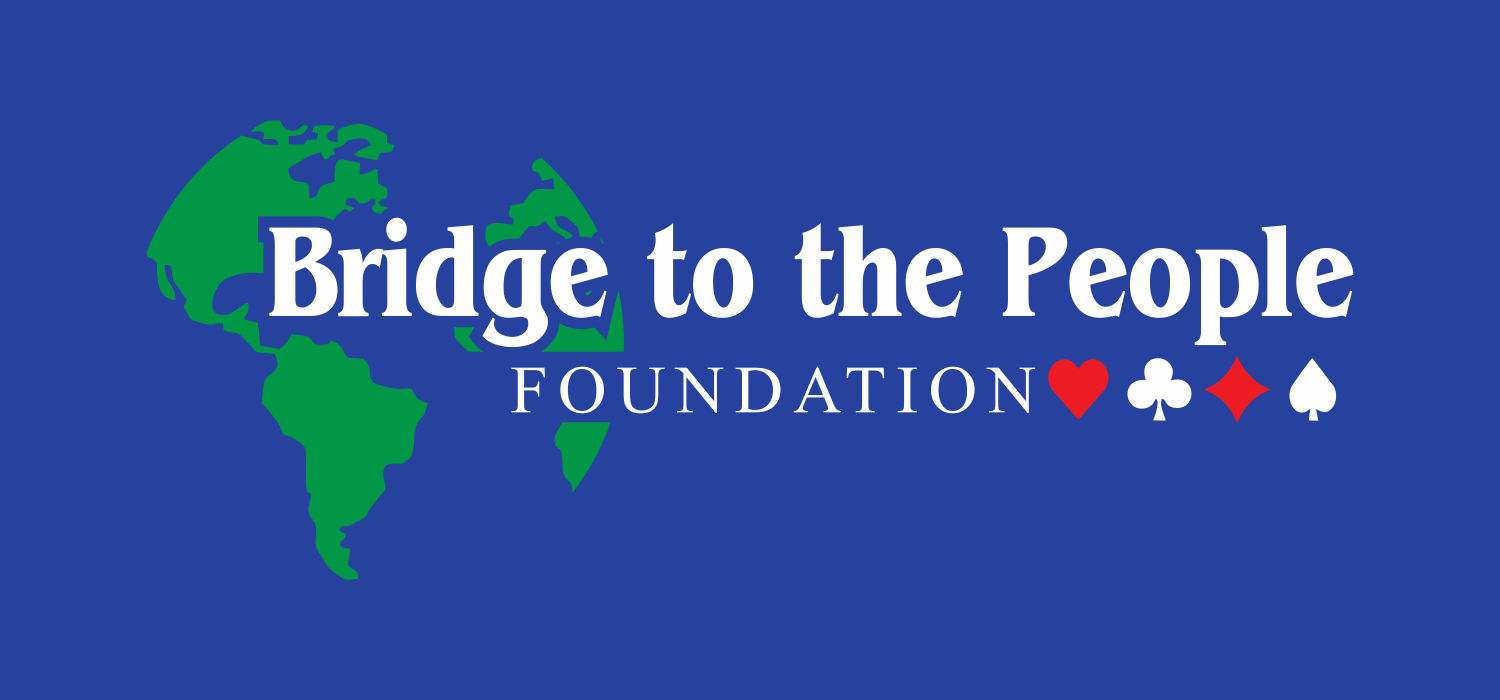[gtranslate]
BRIDGE & SCIENCE
Some time ago WBF established Committee „Bridge &Science” to get serious
scientific results and to use them in promotion of our game. It wasn’t without the
reason because research, a scientific one, has been already running.
Samantha Punch created Sociology of Bridge, Veronique Ventos with NukkAI is exploring Artificial Intelligence to be used in Bridge and very first International Scientific Conference dedicated to our game took place in Poland ( next one as
well in Poland while the third in Croatia). Following 20 years old messages from Berkeley California University about health
advantages of playing bridge academics from Nicolas Copernicus University in Toruń ( Poland) started serious research on „how playing bridge can delay the onset of dementia” and particularly Alzheimer Disease.
Beside some problems caused by COVID we completed pilot research in two Welfare Houses and on this basis we will start the main research soon. The main question is: can playing bridge prevent dementia ( AD)? We all know that playing bridge keeps us in good mental mood ( it’s nothing else but cognitive reserve growing when we play ) but strong scientific proof is needed. M.C.Diamonds report tells us that it lowers a chance of Alzheimer Disease by as much as 75%. In my opinion it’s underestimation but one can ask: isn’t it the other way around?
To show that it’s not we tried to teach bridge patients of Alzheimer Center in Warsaw, all of them with diagnosed Alzheimer ( Mild Cognitive Impairment) being brought by families there and taken back every working day. They had 3 hours a week bridge lessons only. Initially they couldn’t count to ten and keep cards properly but after six months it wasn’t a problem for them anymore. They played bridge, simplified with no bidding, but taking tricks, counting to 13 and 40 …… Surprise for all experts and Staff.MCI patients are able to learn brand new skill !! Our research group had also other kinds of therapy like dancing, dog therapy,… while a control group had no bridge lessons at all. After one year,loss of cognitive ability in „bridge group” was more then twice lower of the one in a control group. Impressive but unlucky statistically not significant. So deeper and wider, in terms of evaluating methods ,research are needed.
That’s why non-profit Foundation „Bridge to the People” will continue financing main research and search for the financing sources. More about and how to donate, you can find on their web page: www.bridgetothepeople.eu and first research report from the pilot stage is you can find :
http://www.worldbridge.org/2020/06/18/bridge-and-dementia-prevention/ . Foundation together with Gdańsk Medical University will start research „playing bridge and immune system”. We now search for funds. How this kind of promotional messages work we observed in Poland within my program BRIDGE60+. Using dementia prevention slogan I recruited to created 310 clubs ( created in the program) thousands of elderly giving them a chance to avoid social isolation and build cognitive reserve necessary to avoid or at least delay the onset of dementia.
It shows that whenever serious scientific research results will be ready we (WBF, EBL and other bridge organizations) will have in hands strong promotional arguments that bridge is carrying additional values worth sponsorship.
Author: Marek Małysa

